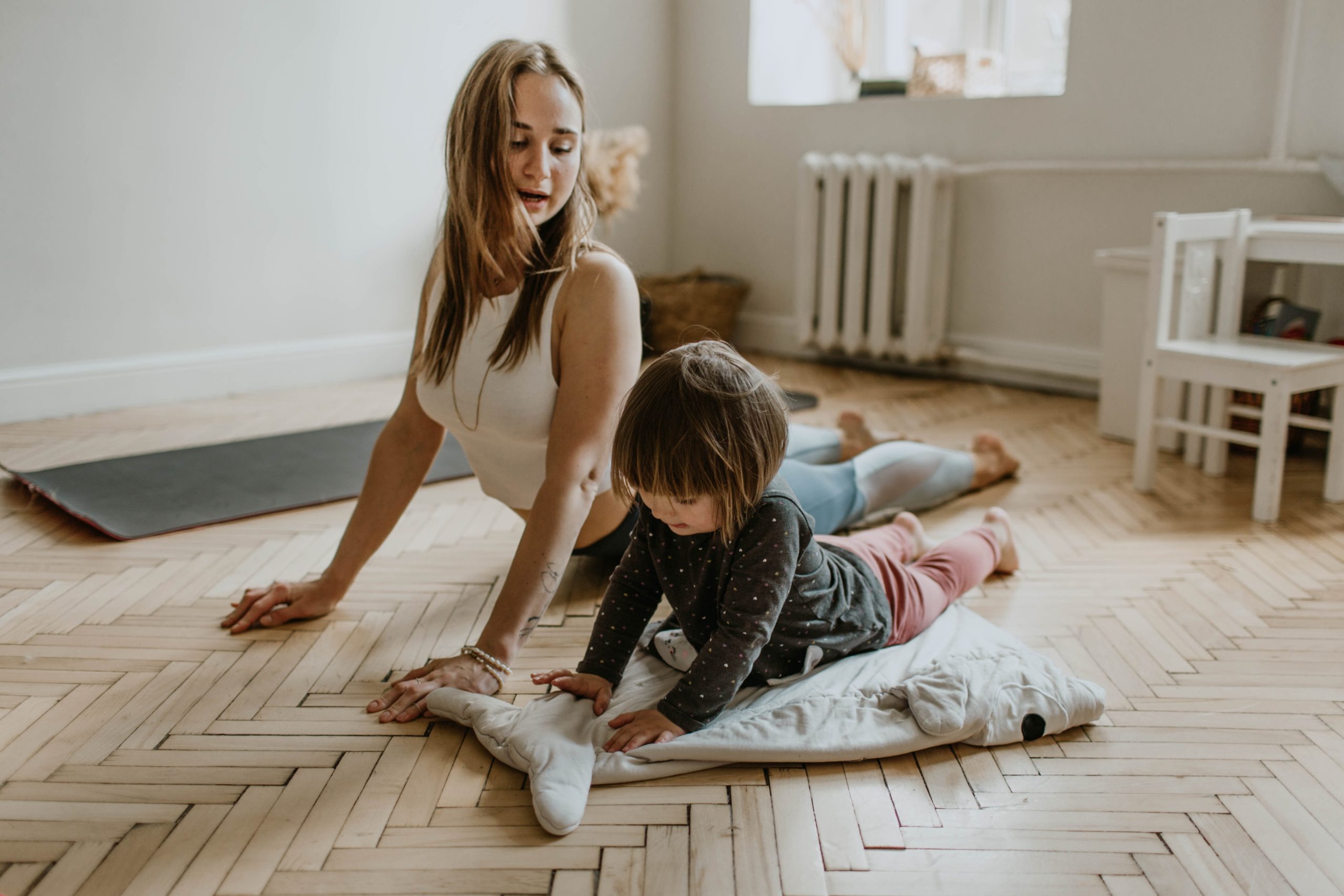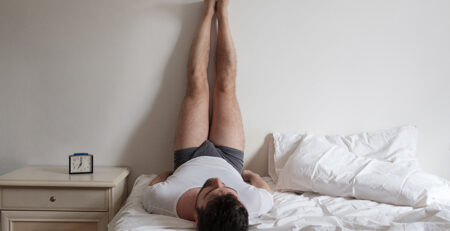5 Tips to Stop Feeling Anxious
If you worry all the time and feel anxious about everything, you aren’t alone. In response to a 2018 survey by the American Psychiatric Association, nearly 40 percent of American adults reported increases in their personal anxiety levels, while fewer than 20 percent said their anxiety levels were lessening. (Note that this was months before COVID-19 became a concern.) And about forty million adults, or 18 percent of the population, suffer from full-blown anxiety disorders: obsessive preoccupation with what might go wrong, going to extremes to avoid anxiety-triggering situations, an ongoing sense of unease and often violent panic attacks (sudden onset of pounding heart, struggling for breath and tensing or shaking all over, for no obvious reason). How do you calm anxiety like this?
Even if your own anxiety struggles are limited to everyday “worrywart” habits, chances are they’re adversely affecting your productivity and physical health. A true anxiety disorder requires medical treatment (more on that shortly), but anyone can implement healthy habits to calm down and feel less anxious.
5 Ways to Calm Anxiety
1. Turn off the News
People who consume news media as an hour-by-hour habit are more anxious than people who focus the bulk of their attention on the immediate, and some experts recommend limiting news exposure (including social media) to as little as 30 minutes a day. At the very least:
- Have the news stream on only when watching it.
- Avoid clicking links to other articles (which encourages “doomscrolling” habits).
- Stick to proven news channels that get their information from recognized experts and examine controversial issues from different viewpoints.
- Try not to watch news when you’re already under stress, and do something relaxing or self-empowering immediately after turning it off.
2. Take Control of Your Schedule
Feeling out of control or overloaded will invariably increase anxiety. Learn to set your own priorities and base your schedule on them. And never say “yes” to a commitment you already know you can’t handle or don’t believe in: while saying “no” may initially increase anxiety, it gets easier with practice and prevents much unnecessary anxiety in the future.
3. Practice Prayer, Meditation, and/or Yoga
Basic deep-breathing exercises do much to calm anxiety. Releasing your tension to a Higher Power or greater reality does even more. Give it a chance even if you don’t consider yourself a “spiritual” person: a guided-meditation app is a good starting point for beginners.
4. Take Care of Your Physical Health
Anxiety and physical health are linked: the state of one affects the state of the other. Many people find that their anxiety symptoms substantially improve when they start going to bed earlier, getting more exercise or replacing their breakfast doughnuts with fresh fruit and whole-grain cereal.
5. See a Doctor for Anxiety
While all the above tips can reduce anxiety whether you have a disorder or not, no one should rely on home remedies as sole treatment for any mental illness. Recovery from anxiety disorders requires professional therapy and sometimes medication. Have a doctor evaluate you if you suffer a panic attack or if the following symptoms persist for more than two weeks:
- A vague and pervasive sense of impending disaster
- Near-obsessive worries that seem impossible to forget or reason with
- Insomnia
- Frequent headaches or nausea without obvious cause
- Frequent episodes of fast heartbeat, shallow breathing, perspiration or trembling triggered by worry
- Feeling helpless and at the mercy of circumstances
- Irrational fear of certain places, activities or people, to the extent of neglecting responsibilities to avoid them
Attempts to ignore or push through chronic anxiety are likely to only make you more anxious by increasing stress. You don’t have to continue suffering. Often the best tip to stop feeling anxious is to share your worries with someone who can help you do something about them.
Professional Help for Anxiety
One in three diagnosable anxiety disorders never receive professional treatment. If you or a loved one have anxiety issues that you suspect go beyond ordinary nervousness, know that ignoring the problem may also put you at high risk for other psychiatric disorders, serious physical illness or suicide. Serene Behavioral Health provides personalized treatment for all common mental illnesses, whether these occur singly or in combination. You don’t have to continue suffering. Contact us today, online or at 949-395-6552, to begin your recovery journey.











